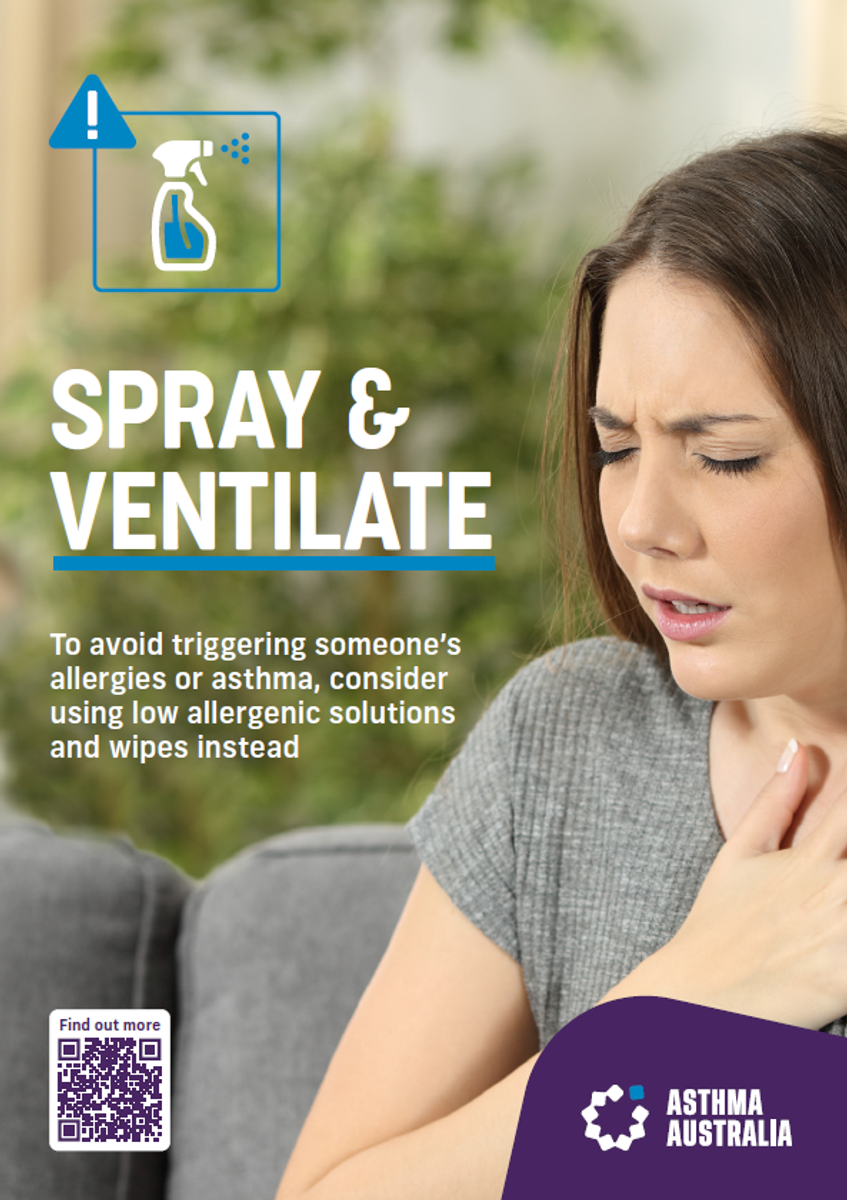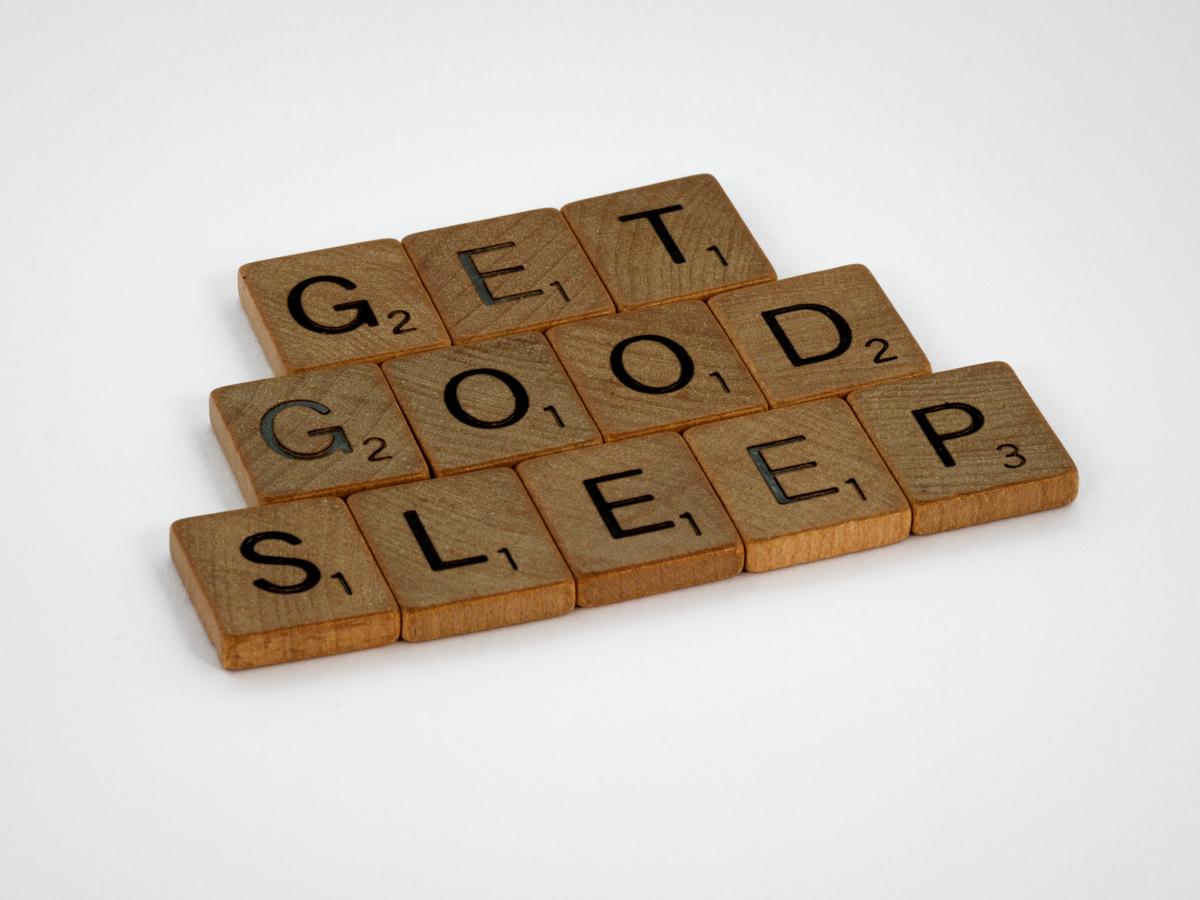Safety and First Aid

ASTHMA AND STRONG SCENTS/SMELLS
Asthma is a long-term lung condition that affects around 1 in 9 Australians, of all ages. People with asthma have sensitive airways and these airways are more likely to react to triggers.
For some people, strong odours from perfumes, household cleaners and air fresheners can trigger asthma symptoms.
Exposure to triggers can happen anytime and anywhere. At the time of writing this communication we have over 70 students diagnosed with Asthma at Kismet PPS and as such the use of things like deodorants, perfumes, incense and strong scents can trigger asthma for some students. It is therefore best (where feasible) that we avoid these products in our school classrooms. We appreciate that this is not always possible; however, we can all be more mindful in the way we use these products and when they are used.
Please take the time to speak with your students about this topic and share some of the below suggestions:
• Consider using personal care products that are odour and fragrance free.
• Ask friends and family to limit their use of perfumes.
• Make sure your classrooms are well ventilated.
More information can also be obtained at the following link: Home - Asthma Australia | The nation’s peak consumer body
SLEEP HEALTH
While we know sleep is essential for good health, research shows that many children and young people are not getting enough sleep on school nights. This can affect thinking, concentration, memory, reaction times and mood.
Research shows about 12% of primary school-aged children, a quarter of 12- to 15-year-olds and half of 16- to 17-year-olds don’t get enough sleep on school nights. The recommended amount of time to sleep for primary school-aged children is 9 to 11 hours. For teenagers, it’s 8 to 10 hours.
Signs that your child is not getting enough sleep can include:
- low mood and irritability during social interactions
- reluctance or arguing about getting off devices and going to bed
- falling asleep during the day
- difficulties waking up for school and sleeping in late on weekends to catch up
- changes to communicating or interacting at home.
You can help your child to improve their sleep by:
- establishing a regular sleep pattern and consistent bedtime routine
- supporting them to avoid using electronic devices such as smartphones before going to bed and in bed
- encouraging your child to exercise and spend time outside in daylight, steering clear of vigorous activity in the hour before sleep
- encouraging them to wind down and relax before going to bed.
If your child is still having trouble sleeping, has persistent problems with low mood, excessive daytime sleepiness, restlessness in bed, severe snoring or wakening unrefreshed, despite getting adequate length sleep, they should see a doctor.
For more information on sleep health, you can refer to:
- Sleep tips for childrenand Facts about sleep for parents and school staff, from the Sleep Health Foundation
- Why sleep is so important, from the Kids Helpline’s
- Sleep explained, from the Better Health Channel.



